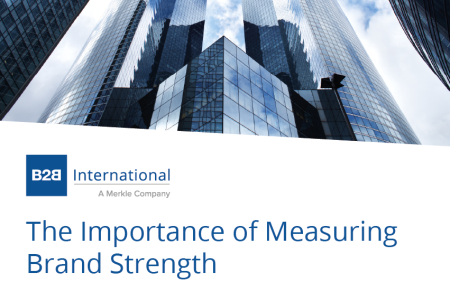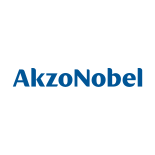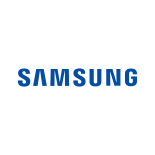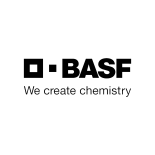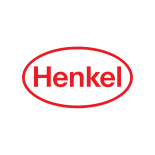Brand equity research allows companies to measure the value added to a product or service as a direct result of the recognition and reputation of the brand.
The basic concept of brand equity research is very simple. If you are offered two computers with the same technical specifications, but one is unbranded and the other is a Dell, you would probably be more willing to pay for the Dell device. The brand is well known and trusted, and this implicit trust adds value to the product. People make choices like this all the time, and taken together, this adds significant value to Dell as a company, and we call this added value the brand equity.
As one of the leading brand equity research companies globally, we help our clients measure the equity of their brand.







